Itchy Caffeine
Caffeine is a substance found in many natural herbs and plants like teas, coffee, kola nuts, cocoa etc. People consume these, enjoying the positive effects of this substance which makes them more aware and helps them perform better in whatever they do. Still, too much of anything is not a good thing.
The same is with caffeine since excessive consumption of it is bound to trigger many negative effects. One of the common signs of caffeine overindulgence is itching. Thus, if you happen to be troubled by frequent and persistent, strong bouts of itching body parts, make sure you take your caffeine indulgence into consideration when looking for a reason behind this problem.
How Can Caffeine Itch?
If you suffer from itching whenever you consume caffeine products, you are could be caffeine intolerant or allergic to this substance. Caffeine allergy manifests through itching, nausea, digestion problems, vomiting and stomach pain.
On the other hand, if you are experiencing itching without other negative signs, you are likely to be caffeine intolerant. Naturally, all these symptoms have to take place up to two hours after caffeine consumption.
- Caffeine's maximum blood concentration is reached within 30-45 min of ingestion, being reduced to half within 4-6 h.
- One cup of 100 ml of coffee (or cappuccino) has around 90-120 mg of caffeine, whereas a cup of black tea or a cola beverage have has just 70 mg and 23 mg, respectively.
- Moreover, the amount of caffeine is usually greater in brewed coffee (between 80 and 100 mg/cup) than in instant coffee (60-80 mg/cup) and in espresso (40-80 mg/cup).
Caffeine-induced itching may be combined with the appearance of rashes, rosacea, dermatitis or other skin problems. Many people, when affected by the above mentioned symptoms or skin itching, rarely doubt coffee consumption as a possible culprit. However, caffeine should not be neglected when this happens. Thus, once you experience these strange itches, think about your coffee, energy drink, tea or chocolate consumption. You might have gone overboard or you might be allergic.
Also, there are over-the-counter painkillers and medications which have caffeine as a crucial ingredient. Thus, take your consumption of such medication into consideration as well. The best possible thing to do once bothered by itchiness which seems to be persistent and severe, is to seek medical assistance. Pay your doctor a visit and get examined before getting treated. Your doctor will find the reason behind all the symptoms you are experiencing and recommend the best possible way of dealing with it quickly and effectively.
Prevention and Withdrawal
Before doing that, however, you might try gradually getting off caffeine by decreasing your consumption of caffeinated substances and products. However, this is likely to cause withdrawal symptoms, so be prepared for these too, especially if you are addicted to this substance. Either way, be careful with caffeine. Even though it is a very useful substance, you need the right dosage of it in order to benefit.


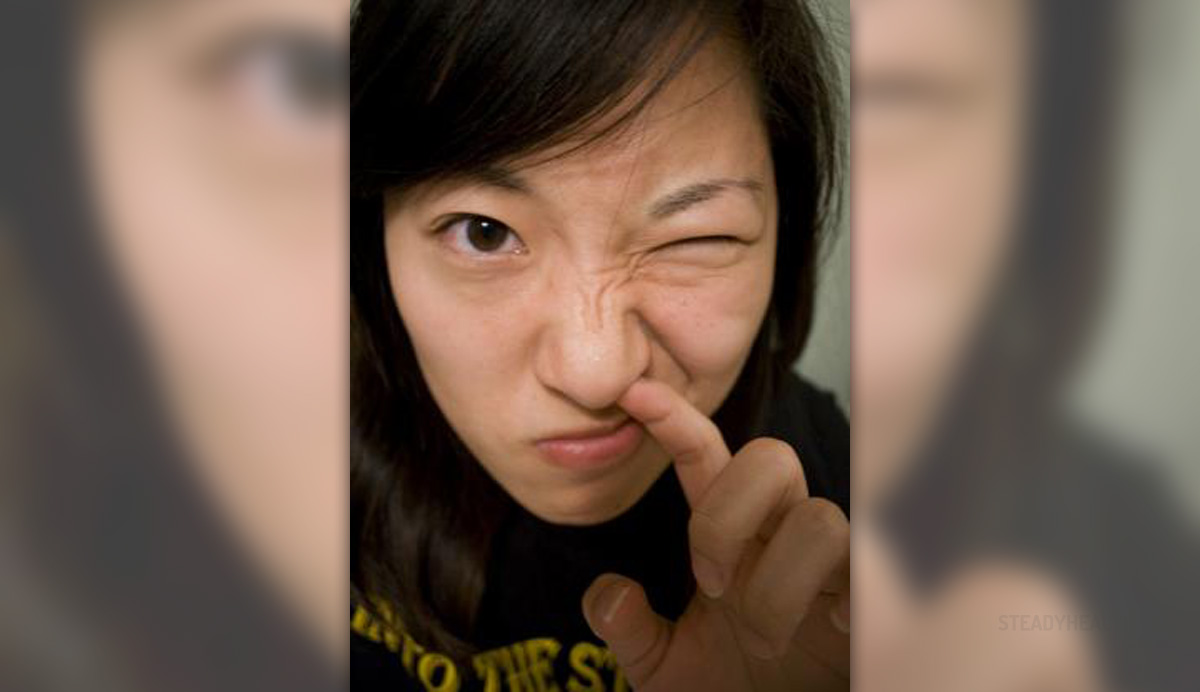



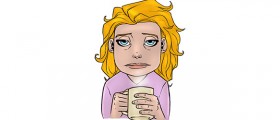





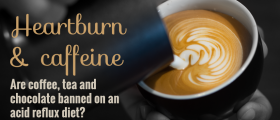


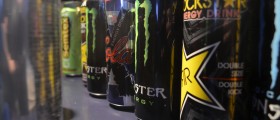

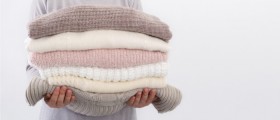
Your thoughts on this
Loading...